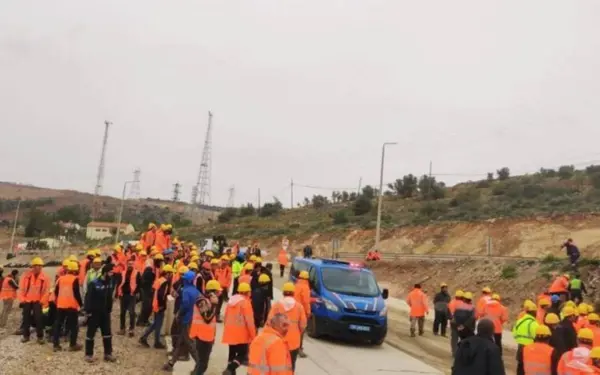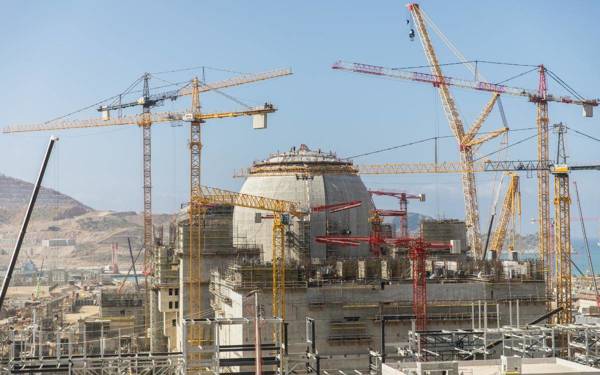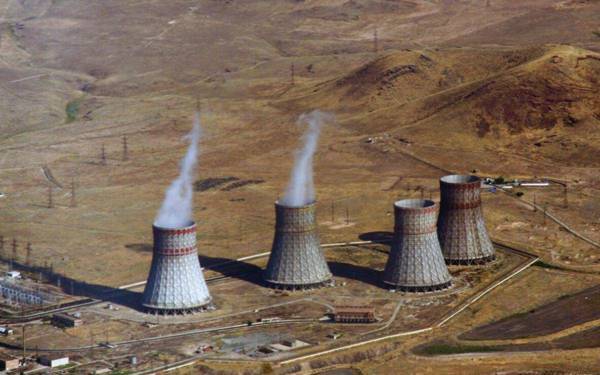Key component installed as construction advances at Akkuyu nuclear power plant


A feedwater storage tank has been delivered to the turbine building of the third unit at the Akkuyu Nuclear Power Plant (NGS), currently under construction in the Gülnar district of Mersin, southern Turkey, Anadolu Agency (AA) reported.
The tank is a key component of the turbine system's heat exchange equipment. Weighing 259 tons and measuring 40 meters in length, the thick-walled vessel was transported using a self-propelled platform. Due to its size, the tank was moved in parts with specialized transport equipment.
Following its placement on pre-installed supports, as outlined in the project plans, the equipment will be assembled.
The tank is designed to store water both for use by the feedwater pumps during the plant’s commissioning and operation phases and for collecting discharge from other components in the machine room, such as steam separators and high-pressure heaters.
Akkuyu Nuclear JSC General Manager Sergei Butckikh provided further details, saying, “The feedwater storage tank was moved directly to the turbine building after unloading at the Eastern Cargo Terminal and completing the required customs procedures.
"Once the support structures are installed, specialized teams will position the tank and weld together its two main sections. At the same time, concrete work on the machine room walls is also ongoing.”
Akkuyu nuclear power project
Akkuyu NGS is Turkey’s first nuclear power plant under construction. The project is being implemented under an intergovernmental agreement signed between Turkey and Russia in 2010. It is being built and operated by Russia’s state nuclear energy company Rosatom.
The plant has drawn ongoing attention from rights advocates in Turkey, especially due to its technical and environmental implications. Its location in a seismically active area has raised concerns over the potential consequences of a nuclear accident.
The use of the Mediterranean Sea for cooling has also sparked controversy, as it is expected to raise water temperatures. Environmentalists warn this could have transboundary effects, impacting not only Turkey but also Greece, Italy, Spain, and Cyprus.
Although the facility is promoted as a step toward meeting Turkey’s growing energy needs, experts argue that full control by Russia could lead to long-term dependence on foreign energy.
Additionally, the construction phase has been marked by a number of workplace accidents. Hundreds of construction workers have staged protests, including halting machinery and blocking roads, over unpaid wages.
(TY/VK)







sa.jpg)

sa.jpg)